info@vivavel.com
+919818262686
+919818262686
 info@vivavel.com
info@vivavel.com +919818262686
+919818262686A peptic ulcer is a sore that forms on the stomach lining, the upper part of the small intestine, or the esophagus. Ulcers in the stomach are known as gastric ulcers, while those in the first part of the small intestine are called duodenal ulcers. Peptic ulcers develop when the protective mucus layer in these areas is eroded, exposing tissues to stomach acids.
 Common symptoms of a peptic ulcer include the following:
Common symptoms of a peptic ulcer include the following:

 Several factors can increase the risk of developing stomach ulcers, including:
Several factors can increase the risk of developing stomach ulcers, including:
 Seek immediate medical attention if you experience:
Seek immediate medical attention if you experience:
 To diagnose stomach ulcers and their potential causes, various procedures and tests may be used, including:
To diagnose stomach ulcers and their potential causes, various procedures and tests may be used, including:
 Do's
Do's
 Don'ts
Don'ts
NOTE:
Our medical content authors have diligently gathered and synthesized information on this topic to offer valuable insights to our readers. Drawing from a range of reputable medical journals and health resources, this content aims to enhance understanding of the subject. It's important to remember that while this information is informative, it should not replace personalized consultation or treatment from a qualified physician. For further details, please refer to our Editorial Policy.
For this topic, our authors used some of the following resources:
NIH - National Library of Medicine - Peptic Ulcer Disease





![]() Pusa Road, Radha Soami Satsang, Rajendra Place New Delhi, 110005 India
Pusa Road, Radha Soami Satsang, Rajendra Place New Delhi, 110005 India
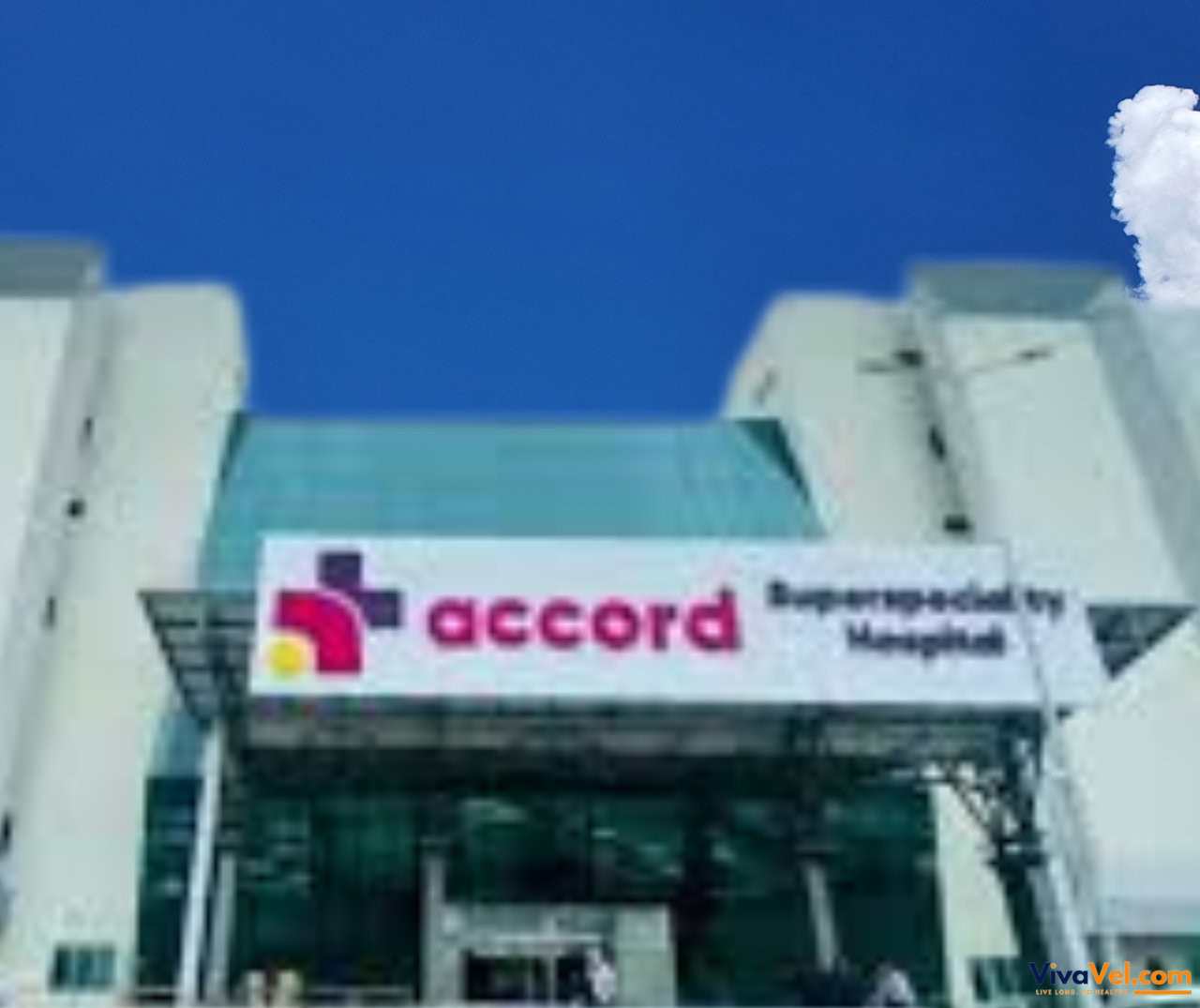


![]() Budena Village, Sector 86, Faridabad, Haryana 121002, India
Budena Village, Sector 86, Faridabad, Haryana 121002, India
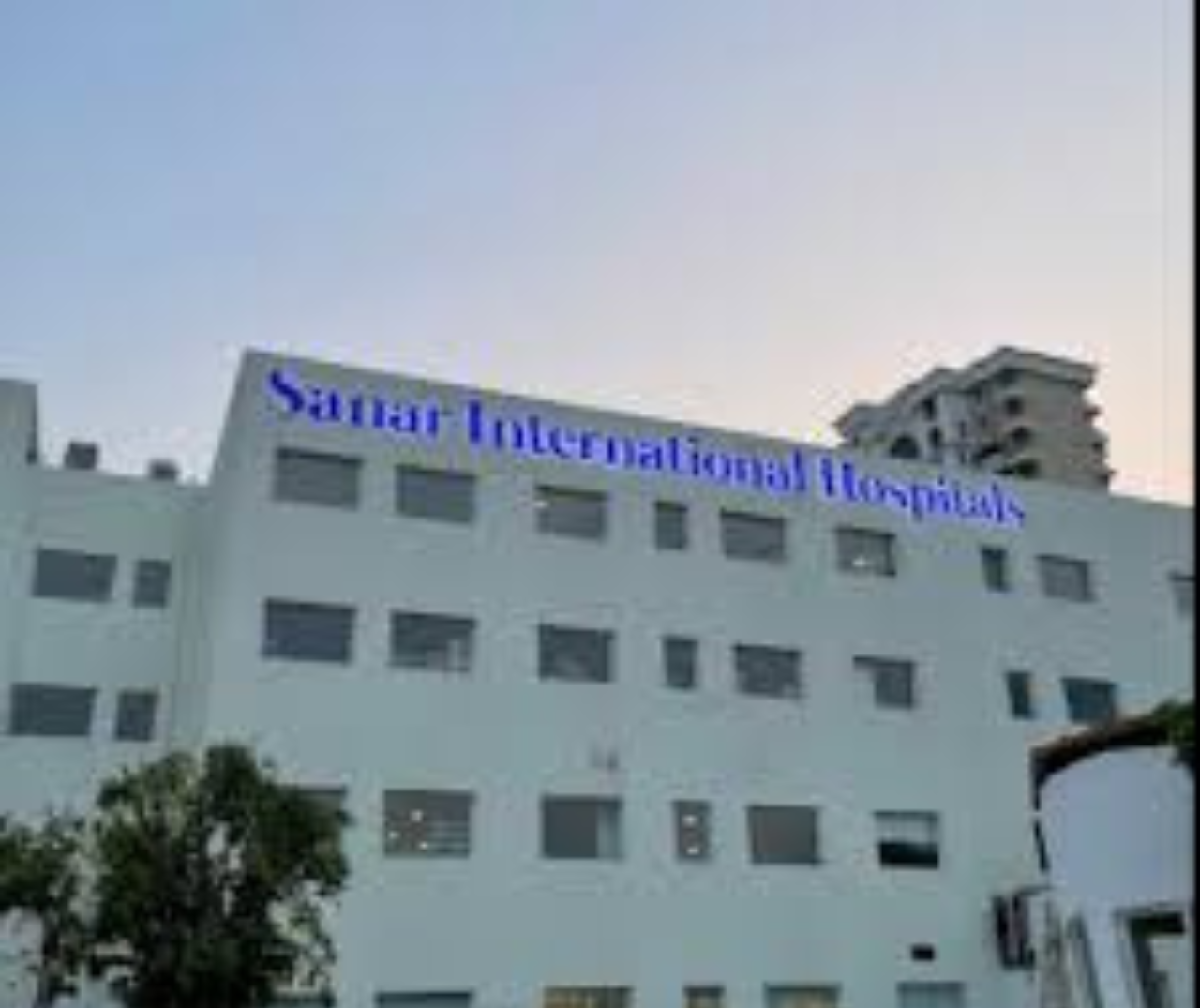


![]() Golf Course Rd, Parsvnath Exotica, DLF Phase 5, Sector 53, Gurugram, Haryana Gurgaon, 122022 India
Golf Course Rd, Parsvnath Exotica, DLF Phase 5, Sector 53, Gurugram, Haryana Gurgaon, 122022 India
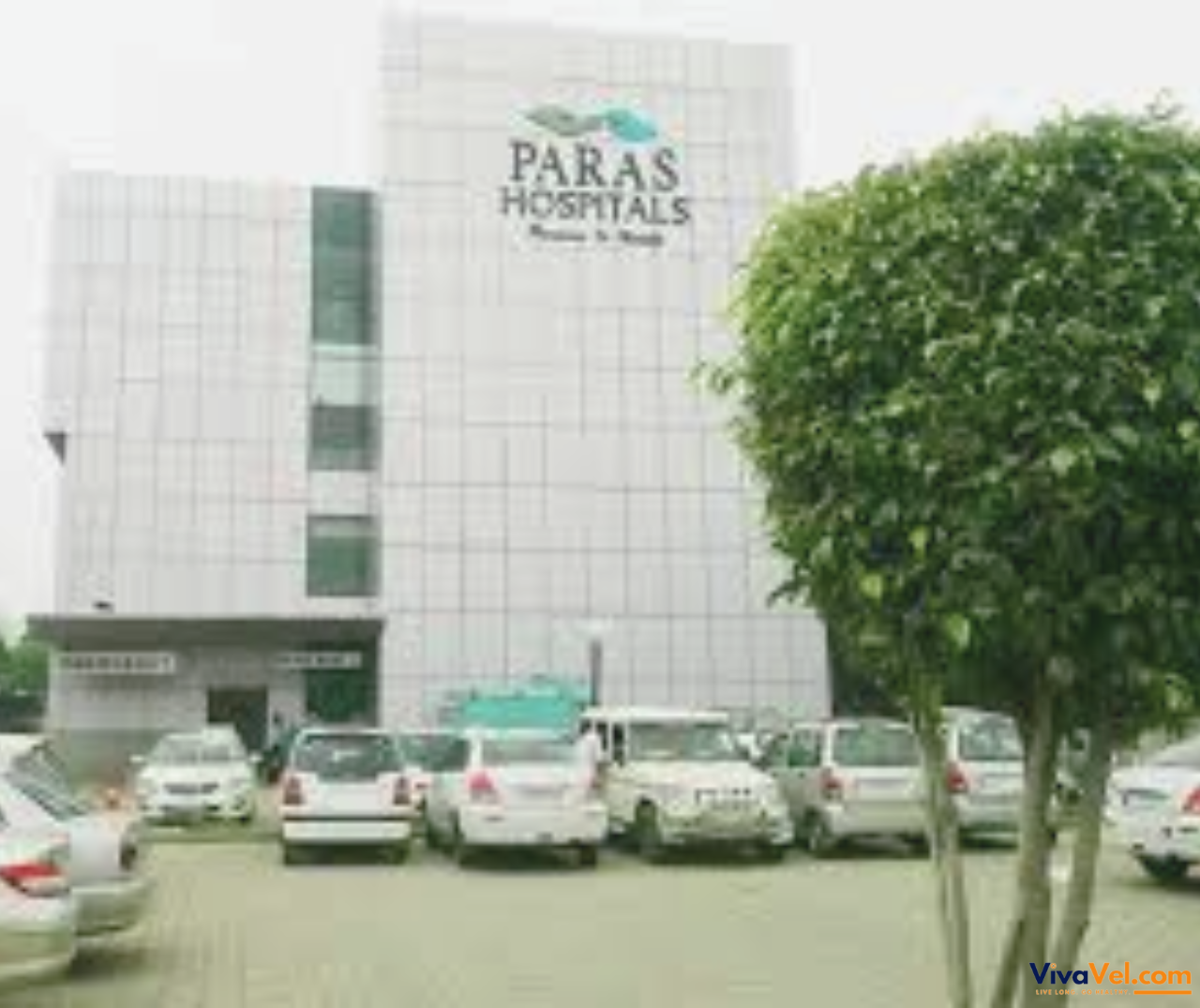


![]() C-1, Sushant Lok- 1, Sector-43, Phase- I, Gurugram, Haryana, 122002
C-1, Sushant Lok- 1, Sector-43, Phase- I, Gurugram, Haryana, 122002

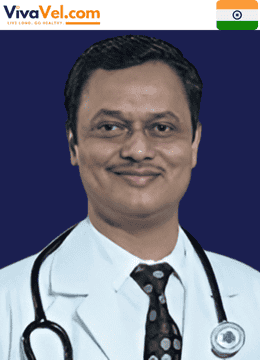
Dr. Ram Chandra Soni is one of the leading Gastroenterologists in Faridabad, India. He has vast experience in Advanced Interventional Endoscopy and Gastroenterology. ...
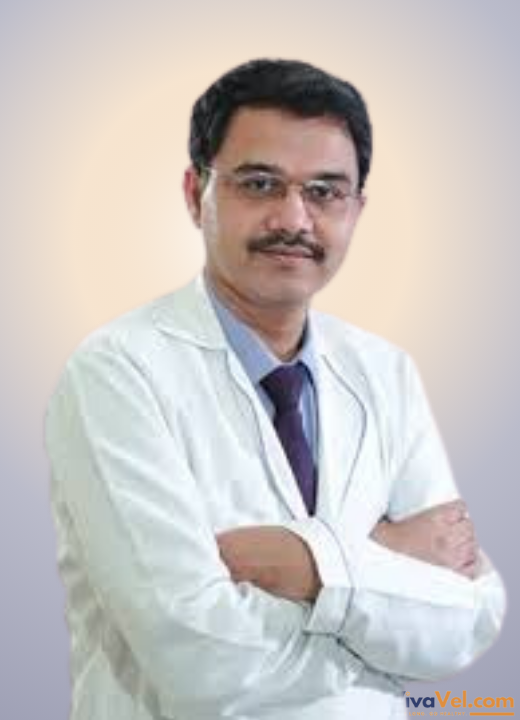
Dr. Pradeepta Kumar Sethy is a highly experienced gastroenterologist with over 23 years in the field, currently serving as the Director of the Gastroenterology Department at ...

Dr. Nidhi Rawal is a highly regarded Pediatric Gastroenterologist and Hepatologist based in New Delhi. She has 11 years of experience in her field. She specia...
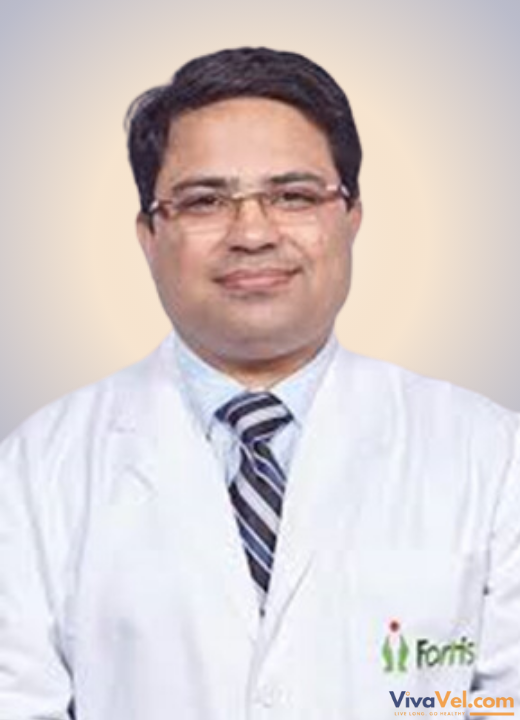
Dr. Vivek Vij is an accomplished liver transplant surgeon credited with developing living donor surgery and implementing safety protocols to achieve a 100% donor safety profi...

Dr. Subrat Kumar Acharya is the Executive Director of Gastroenterology & Hepatobiliary Sciences at Fortis Escorts, Okhla Road, New Delhi. He is a renowned Gastroe...
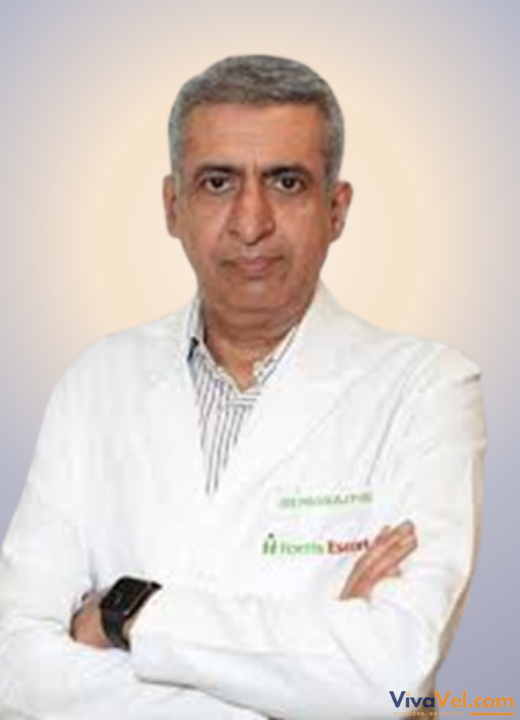
Dr (Brig) Pankaj Puri is the Director of Gastroenterology and Hepatology at the Fortis Escorts Liver and Digestive Diseases Institute, Okhla, New Delhi. He completed ...
Treatment Plan & Cost within 2 days
